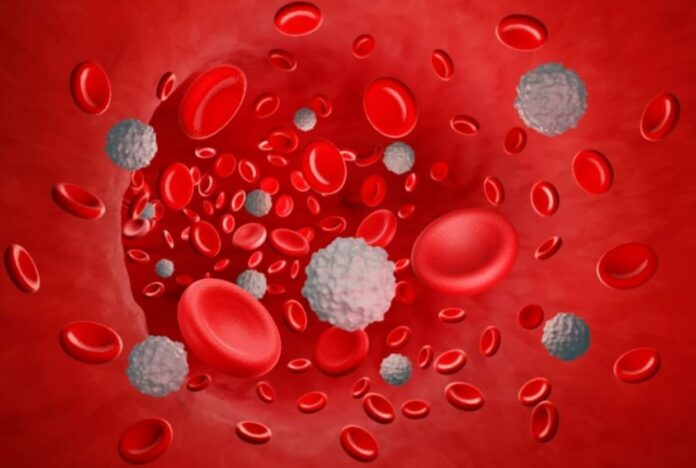A new drug for difficult blood cancers has shown promise, causing a complete response (cancer undetectable) in over a third of patients.
The Phase I/II trial of the drug called glofitamab included patients with Diffuse Large B-Cell Lymphoma (DLBCL) and cancer that had not responded to other treatments, including CAR T-cell therapy.
Peter Mac treated the world’s first patients with glofitamab and was a primary recruiting site for this multinational, multi-center trial of 155 patients, directed by Associate Professor Michael Dickinson.
The trial’s results were published in the New England Journal of Medicine.
As a whole, 39% of patients had a full response at a median follow-up time of 1 year (12.6 months) after receiving Glofitamab medication. This was the same for all 52 of these patients who had previously been treated with CAR T-cell therapy.
Glofitamab’s effects, according to Associate Professor Dickinson, were also long-lasting since they persisted for at least a year in many (78%) of the patients who had a full response.
“We are greatly encouraged by these data which show a fixed course of glofitamab therapy can induce durable, complete responses for many patients who have faced disappointment from their disease not responding to multiple prior rounds of treatments, including CAR T-cell therapy,” adds Associate Professor Dickinson.
“Glofitamab is also exciting because it offers potential of an effective ‘off the shelf’ option for patients with hard-to-treat blood cancers and who live in parts of the world that may not have ready access to CAR T-cell therapy due to the complexity of delivering this highly tailored treatment.”
Australians with DLBCL who match the qualifying requirements may be eligible for subsidized access to CAR T-cell treatment, which entails harvesting the patient’s T-cells, re-engineering them to combat cancer, and infusing them back into the patient. After CAR T-cell treatment, around 40% of DLBCL patients achieve long-term remission.
Glofitamab is a treatment for blood cancer that uses bispecific antibodies to get the T-cells of the patient to fight the blood cancer. CAR T-cell treatment is tailored to each individual patient, whereas “off-the-shelf” intravenous infusions have a set schedule.
